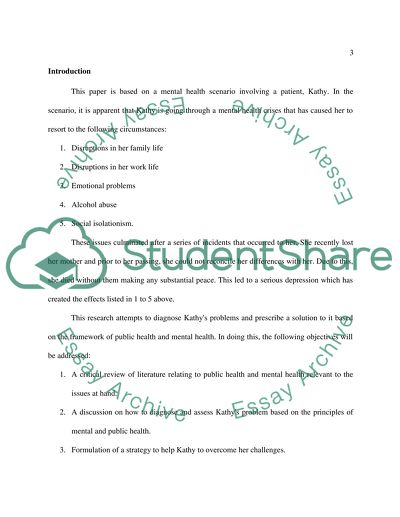Cite this document
(“Mental health case analysis Assignment Example | Topics and Well Written Essays - 2500 words”, n.d.)
Retrieved from https://studentshare.org/nursing/1399564-mental-health-promotion-module-case-study
Retrieved from https://studentshare.org/nursing/1399564-mental-health-promotion-module-case-study
(Mental Health Case Analysis Assignment Example | Topics and Well Written Essays - 2500 Words)
https://studentshare.org/nursing/1399564-mental-health-promotion-module-case-study.
https://studentshare.org/nursing/1399564-mental-health-promotion-module-case-study.
“Mental Health Case Analysis Assignment Example | Topics and Well Written Essays - 2500 Words”, n.d. https://studentshare.org/nursing/1399564-mental-health-promotion-module-case-study.


